We share a sampling of ongoing trials and research initiatives
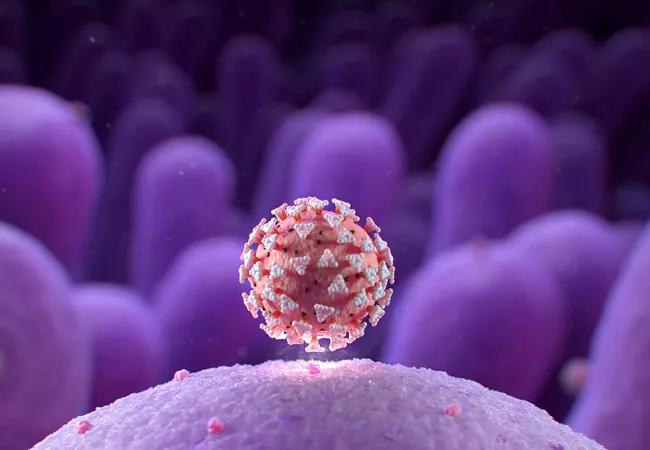
As the COVID-19 pandemic continues, interest in studying treatment and prevention strategies is intensifying. Cleveland Clinic is participating in a number of research projects related to COVID-19 and has formed a multidisciplinary clinical trials committee to evaluate therapies for mild to severe disease. The goal is to support trials that are scientifically sound and prioritize those with the potential for significant impact on clinical care.
Advertisement
Cleveland Clinic is a non-profit academic medical center. Advertising on our site helps support our mission. We do not endorse non-Cleveland Clinic products or services. Policy
This post gives a short overview of a few of the COVID-19-related clinical trials and research initiatives being conducted at Cleveland Clinic. This listing is not comprehensive.
ORCHID (Outcomes Related to COVID-19 Treated with Hydroxychloroquine Among Inpatients with Symptomatic Disease). ORCHID is a multicenter, blinded, randomized clinical trial comparing oral doses of hydroxychloroquine with matching placebo to treat patients hospitalized with COVID-19 illness. The study aims to determine whether, among adults hospitalized with COVID-19, administration of hydroxychloroquine will improve clinical outcomes at day 15. The study is being conducted by the PETAL Network, a coalition of centers funded by the National Heart, Lung, and Blood Institute to study acute lung injury. NCT04332991. Learn more here.
COVIDAtoZ (Coronavirus 2019 Using Ascorbic Acid and Zinc Supplementation). This investigator-initiated trial is looking at the effect of high-dose vitamin C and zinc on symptom severity/duration and hospitalization among COVID-19 patients in outpatient settings. It is a single-center (Cleveland Clinic), prospective, randomized study. Some patients will receive high-dose vitamin C, some high-dose zinc, some both and some neither. NCT04342728. Learn more here.
COVACTA (Study to Evaluate the Safety and Efficacy of Tociluzumab in Patients with Severe COVID-19 Pneumonia). This multicenter, randomized, double-blind, placebo-controlled study is evaluating tocilizumab, a humanized monoclonal antibody targeting the IL-6 receptor, in hospitalized patients with severe COVID-19 pneumonia. It will assess the agent’s efficacy, safety, pharmacodynamics and pharmacokinetics relative to a matching placebo in combination with standard of care. NCT04320615. Learn more here.
Advertisement
Canakinumab to Reduce Deterioration of Cardiac and Respiratory Function Due to COVID-19. This single-center (Cleveland Clinic), prospective, blinded, randomized, controlled study is a phase 2 trial designed as a proof-of-concept investigation. It aims to demonstrate whether early treatment with canakinumab, a human monoclonal antibody targeting IL-1-beta, prevents progressive heart and respiratory failure in patients with COVID 19 infection, myocardial injury and hyperinflammation. Its results, if positive, will lead to a phase 3 randomized, placebo-controlled trial. NCT04365153. Learn more here.
COVID-19 Research Registry. A research registry of nearly 23,000 subjects is collecting data from individuals tested for COVID-19 at Cleveland Clinic. This registry, which includes patients with positive and negative results, is designed to inform other studies and guide development of tools to predict patient risks and outcomes. Researchers from across Cleveland Clinic health system are using the registry’s data in more than 140 COVID-19-related research projects in areas such as cancer, pediatrics and intensive care.
Convalescent plasma therapy. Cleveland Clinic and Cleveland Clinic Florida have an expanded-access protocol for use of convalescent plasma therapy in patients admitted with moderate to severe COVID-19. Convalescent plasma therapy, which collects antibody-rich plasma from donors who have recovered from COVID-19, is used for patients currently struggling with the virus. In Florida, the convalescent plasma collection will be collected by OneBlood, an independent not-for-profit blood bank serving that state. In Ohio, the American Red Cross and other blood centers are collecting and distributing convalescent plasma and seeking potential donors.
Advertisement
AI drug repurposing for COVID-19. Cleveland Clinic researchers published findings in March on a network-based prediction model using artificial intelligence (AI) to identify targets for drug repurposing in COVID-19 and other human coronaviruses. Their approach targets the interaction between human and virus proteins rather than the virus protein itself. Based on their findings, they prioritized 16 drugs and three drug combinations as potential treatments. Learn more here.
American Heart Association COVID-19 Heart and Brain Research Initiative. The American Heart Association has awarded $1.2 million in grants to teams at 12 institutions across the U.S. to begin fast-tracked studies of the effects of COVID-19 on the body’s cardiovascular and cerebrovascular systems. Cleveland Clinic will serve as the initiative’s COVID-19 Coordinating Center and will collect results from the research projects and coordinate dissemination of all study findings. Learn more here.
Note: Investigators on one or more of these studies may have financial interests related to the research sponsor or products under evaluation. Any conflicts of interest have been reviewed by Cleveland Clinic’s Innovation Management and Conflict of Interest Program.
Advertisement
Advertisement
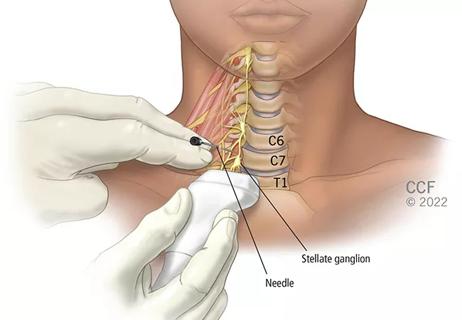
Patients report improved sense of smell and taste
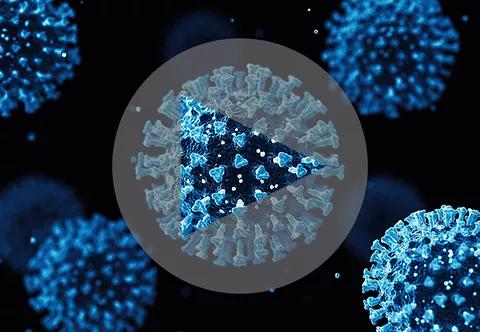
Clinicians who are accustomed to uncertainty can do well by patients

Unique skin changes can occur after infection or vaccine

Cleveland Clinic analysis suggests that obtaining care for the virus might reveal a previously undiagnosed condition

As the pandemic evolves, rheumatologists must continue to be mindful of most vulnerable patients
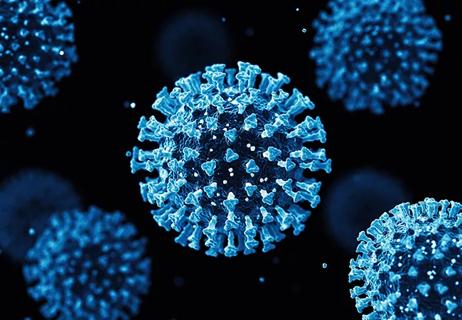
Early results suggest positive outcomes from COVID-19 PrEP treatment
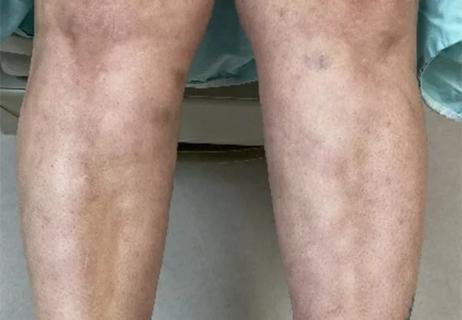
Could the virus have caused the condition or triggered previously undiagnosed disease?

Five categories of cutaneous abnormalities are associated with COVID-19